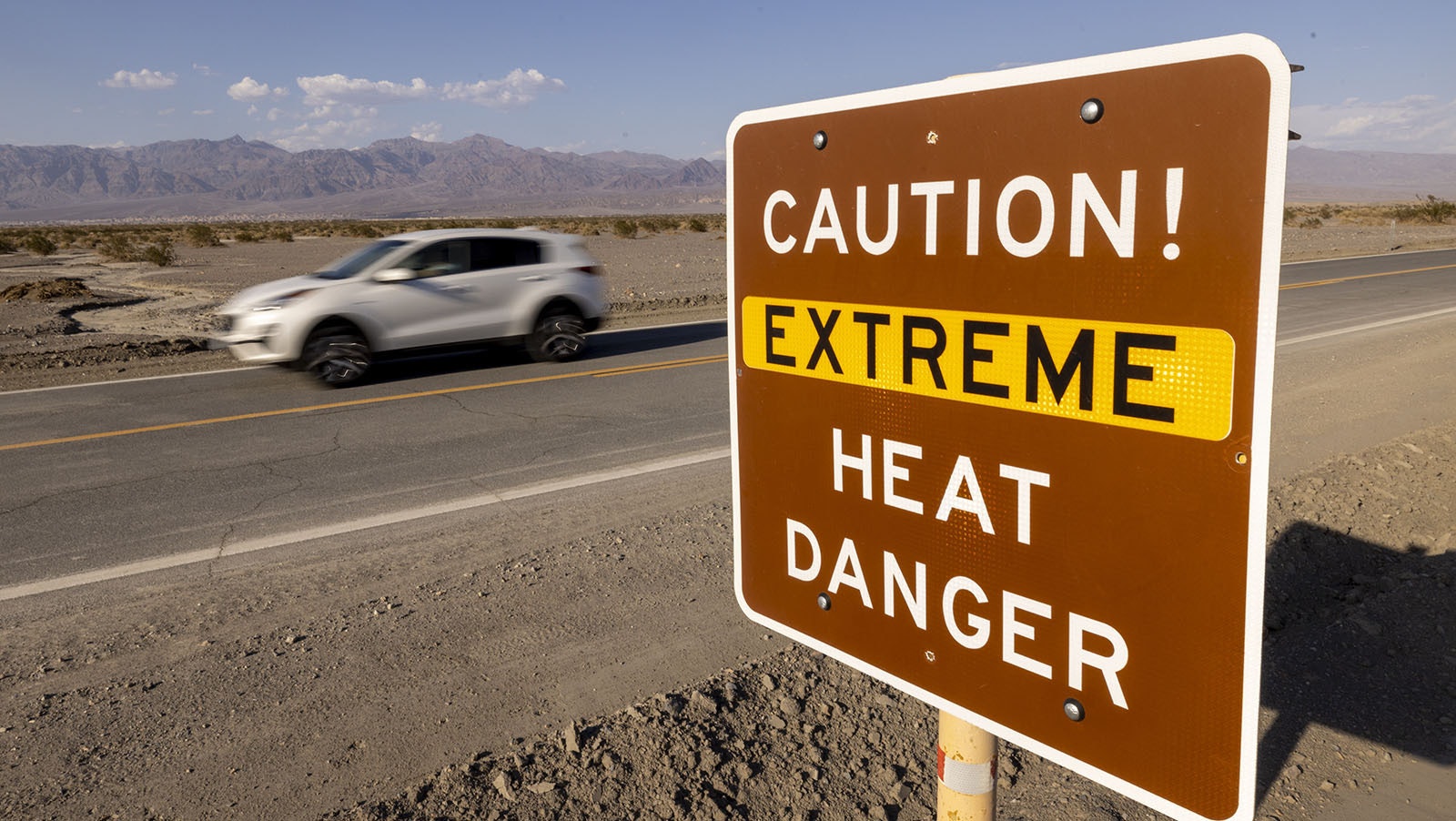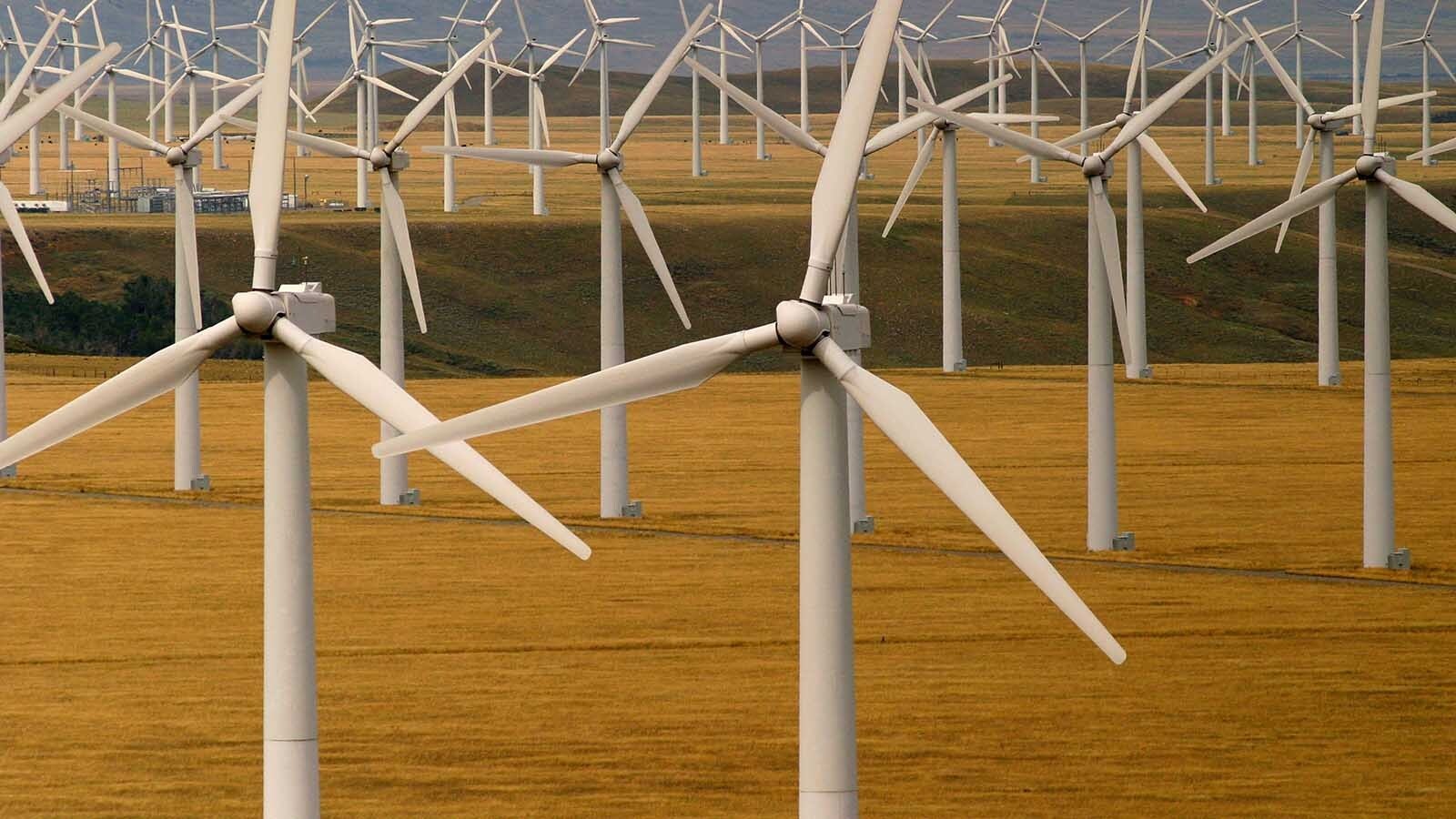Los Angeles Times Columnist Robin Abcarian argues that those who question the hype surrounding temperatures this summer are trying to make a political statement.
In a Sunday opinion piece titled “Column: Dying From The Heat Is Not A Political Statement,” Abcarian wrote that, with fears of COVID-19 vanishing, people are out having fun. Yet, she warns that “the headlines are alarming.”
The headlines about widespread heat waves are alarming, but the reality isn’t.
A 2018 peer-reviewed study in Weather, Climate and Society found that the mortality risk from extreme heat events in the United States has declined since 1970.
According to the International Disaster Database, climate-related deaths have fallen 98% since 1920.
What’s Actually Happening
Abcarian links to articles reporting that July was the “hottest ever on record” and that the “seas off Florida are hot-tub hot.”
Don Day, Cowboy State Daily’s meteorologist, calls the report on unprecedented heat this summer “media misinformation.”
“There’s a very large disconnect between what is being reported and what’s actually happening,” Day said.
According to temperature anomaly data from the National Centers for Environmental Prediction Climate Data Assimilation System (CDAS), most of the U.S. has been at average or below average temperatures for the past 60 days. The temperature anomaly is a departure from a long-term average.
Areas of the Pacific Northwest, Texas and the Gulf Coast saw above-average temperatures in the last 60 days, according to the data. But it’s nothing that aligns with what’s been reported in the media.
“Are we going to have a lot of heat in Kansas, Oklahoma, Texas and Arkansas this week? Absolutely. But last I heard, it does get warm in summer in those places,” Day said. “And there’s a large part of the United States that’s below average.”
The same data source for the year to date shows that, with the exception of the East Coast and Gulf Coast, the U.S. is at average or below average surface temperature anomaly.
As far as the “hottest ever on record,” those daily records only go back to 1979. From there, temperatures are derived from proxy data, which can’t tell you day-to-day temperatures.

Cherry-Picking Lagoons
Day said that what’s happening in the media this summer is a lot of cherry picking of information, and then amplifying that cherry-picked information.
A good example of this is the “hot-tub hot” seas near Florida that Abcarian mentioned. It was widely reported that a temperature reading in the Manatee Bay near Everglades National Park surpassed 100 degrees.
“Whether or not temperatures off Florida broke a world record, 100 degrees is an alarming reading for seawater,” The New York Times reported.
National Public Radio called the reading “startling.” NBC News said it was “astounding.”
Day said this is a very shallow body of water — essentially a lagoon — and on a clear, sunny day with low winds, it’s going to heat up. He said it has a silty, black bottom that’s going to absorb heat.
Two days after the high reading was taken, rains brought the temperature down 15 degrees. Cowboy State Daily was unable to find any further reporting on this sudden cooling of the Florida seas in national news sources.
“The perception is that all the water around Florida is over 100 degrees and this never happened before. But these shallow-water buoys get that warm every summer,” Day said.
Consensus Versus Hyperbole
Abcarian went on to say that there is “no longer serious debate about whether the Earth is getting hotter. It is.”
She then goes on to cite the scientific consensus on this topic. Abcarian fails to mention that there is nothing in the consensus about extreme weather. It only measures researchers’ conclusions toward a warming trend and its relationship to carbon dioxide levels in the atmosphere.
Immediately after referring to this consensus and implying it confirms her statements on extreme weather events, she points to a 2003 heat wave in France that resulted in 15,000 deaths.
That year was particularly terrible for the European country, but the data shows no long-term trend in such high numbers since that event.
Abcarian also doesn’t mention that, as temperatures rise, deaths from cold events decrease. A study in the medical journal The Lancet found that 600,000 people die globally from heat while 4.5 million die from cold.
Bjorn Lomborg, Danish author and president of the think tank Copenhagen Consensus Center, estimated that 166,000 deaths are avoided every year due to rising temperatures.
Weather Isn’t Climate
Day said that the media regularly confuse weather with climate.
“The definition of climate is the sum of all weather,” Day said.
So, taking single events — whether it’s a heat wave, flood or hurricane — and blaming it on climate change is reflective of this confusion.
“You can't look at climate with a single event,” Day said.





